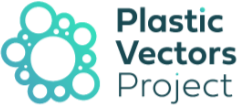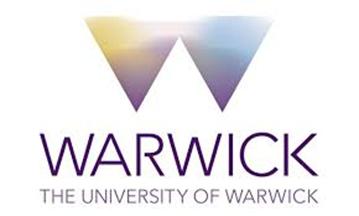Media coverage
“Special report: Deluge of tiny plastic pellets pollutes Scots coast”. The Sunday Post (26th February 2023)
“Viruses survive in fresh water by ‘hitchhiking’ on plastic, study finds”. The Guardian (27th June 2022)
“Viruses can survive in water by ‘hitch-hiking’ on microplastics, new study finds”. The Independent (27th June 2022)
“Microplastics Heath Risk Discovered in Hitchhiking Vomiting Viruses”. Newsweek (27th June 2022).
“’Hitch-hiking’ viruses on microplastics are beach risk”. Daily Telegraph (28th June 2022)
“Viruses can survive in water by ‘hitch-hiking’ on microplastics, new study finds”. The Irish Independent (28th June 2022)
“Some infectious viruses ‘hitchhike’ on tiny plastics found in water”. Science (28th June 2022)
“Viruses can survive in freshwater by hitch-hiking on plastics”. India Today (29th June 2022)
“What people who flush wet wipes should know…”. Daily Mirror (12th July 2022)
Question raised in Parliament to Secretary of State for Environment, Food and Rural Affairs. Westminster Hall debates (14th June 2022).
“Wet wipes washed up on beaches put children at risk”. The Times (31st May 2022)
“’Drug-resistant’ diseases ‘colonise’ plastic waste on Scotland’s beaches”. STV News (30th May 2022)
“Harmful bacteria survives longer on plastic Scottish beach waste”. BBC News (30th May 2022)
“Dirty wet wipes that wash up on British beaches are still teaming with harmful faecal bacteria that can pose a risk to human health, study warns”. Daily Mail (30th May 2022)
“Billions of poisonous plastic pellets flooding into our rivers and seas every year”. The Mirror (19th June, 2019)
“E. coli, Vibrio… Quand la pollution plastique transporte des bacteriers pathogenes”. Le Parisien (12th March, 2019)
“I batteri patogeni viaggiano tra I continenti attaccati alla plastica”. National Geographic, Italia (18th March, 2019)
“Toxic bacteria hitch lift on plastic beads washed up on UK beaches”. The Guardian (12th March, 2019)
“Plastic on beaches teeming with E. coli”. The Scotsman (16th Feb, 2019)
“Stirling University study to probe disease spread by plastic”. The National (14th Dec, 2018)




